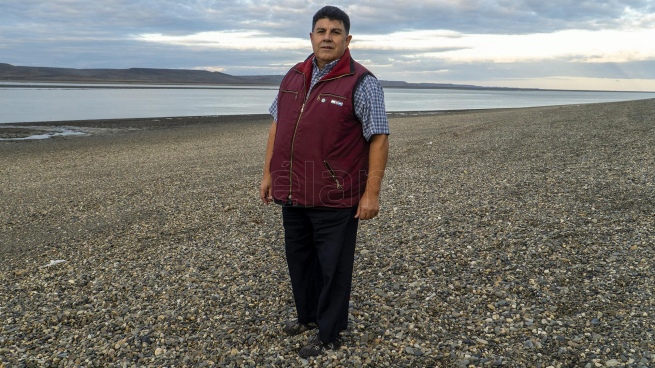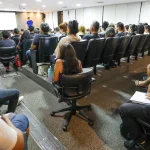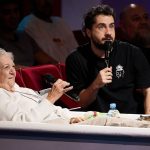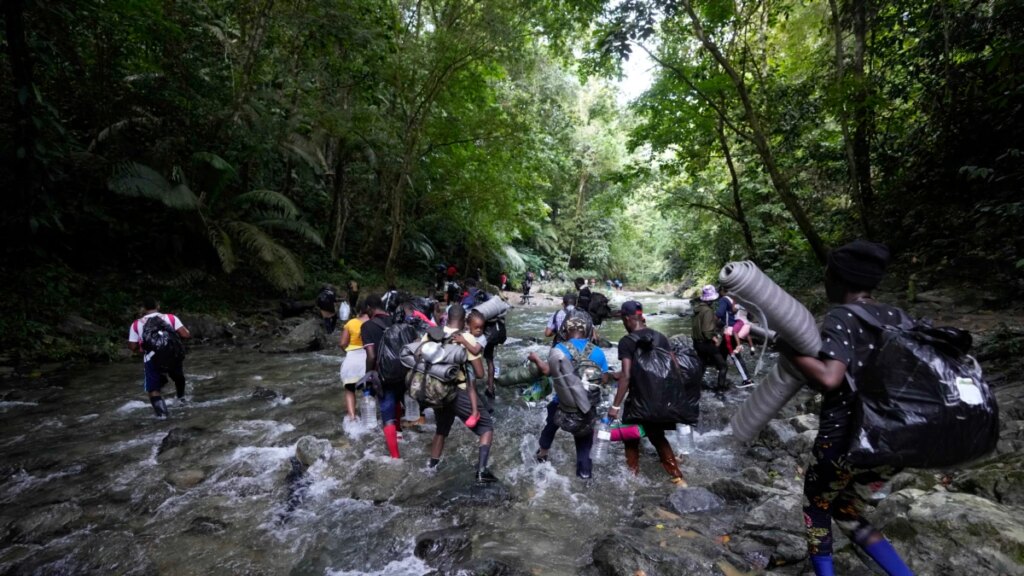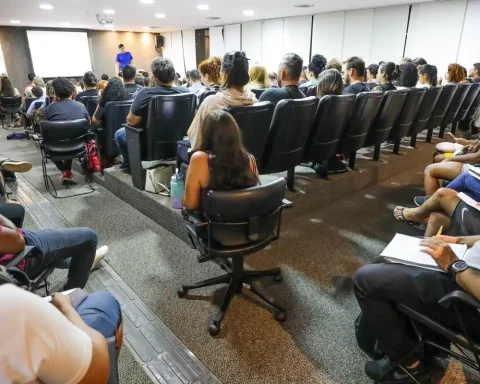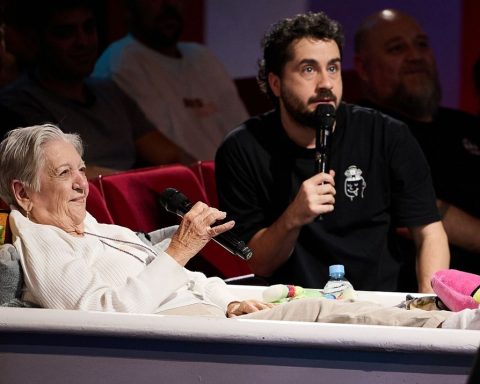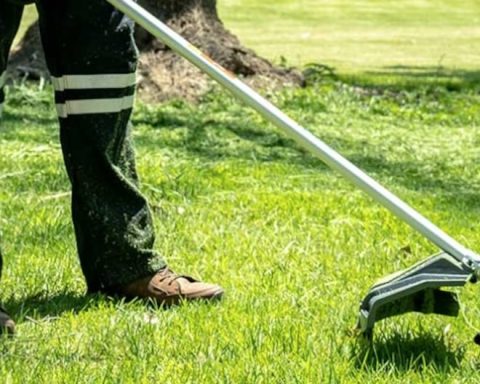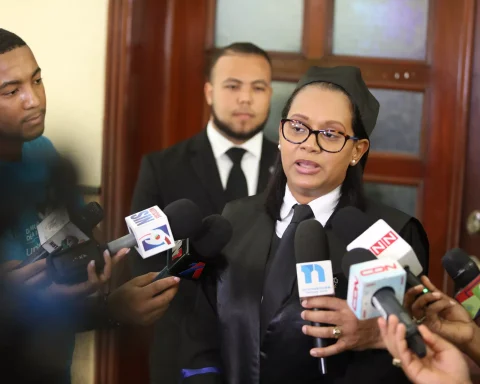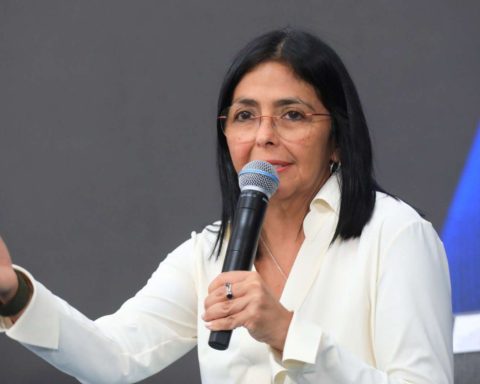Andrés Fernández is a veteran of the Malvinas war and has been living for 34 years in the Santa Cruz city of Río Gallegos, where he found the landscape close to the islands and the embrace of a society that experienced the war “like no other place”.
“I came to Río Gallegos looking for the place in the world that resembled the Malvinas landscape, I was looking for it as a backpacker when I had vacations at Entel (the former national telecommunications company, privatized during the Menem regime) and at first I didn’t recognize it here either until someone He took me fishing in the estuary and I said this is it, so I processed my pass, which took place in 1988,” the war veteran told Télam.
Fernández stressed that in Río Gallegos “I did not find only the landscape but also a town that understands us veterans because they lived that circumstance like in no other part of the country.”
The former combatant, a native of Libertad, Merlo district, province of Buenos Aires, did his military service in the Army in the Communications Command of the Mercedes Regiment, in the province of Buenos Aires.
He was on leave and had just turned 21 (March 20) when on April 7, 1982 he was called to rejoin the force.

“From Mercedes they took us to El Palomar the Monday after Easter, which was the 11th, and they brought us to the South, in a 707 plane, the piggy bank, all dismantled, the first time we traveled by plane, there were 250 of us sitting in the floor back to back with the rifle in the middle of the legs”, he related of those days.
Fernández said that they arrived at Río Gallegos at dawn: “They made us take out our bags, which we transferred to a smaller plane in which we traveled to Malvinas and it was all chaos of planes, helicopters, it was like a movie.”
“We left the airport and began to walk along a road, we began to see sunrise and see the sea, until a soldier saw a sign that said Airport Stanley,” he said.
For Fernández, since he arrived in Malvinas on April 13, at the Communications Command “everything was calm until May 1, when the runway was bombed, we were close, about 6 kilometers from the city.”
Construction of telephone lines, their distribution, was in charge of the assembly and repair from the Communications Command to the combat positions.
Fernandez said that It was not until a few years ago, during a presentation in El Calafate of the one-person show “Silencio fictitious” that he plays, a work he wrote about letters he received during the War, and in an exchange with another Veteran in the audience, that he had a real notion of what lived in the archipelago.

“When the lines were cut, we ran with the cable to where it was cut, in the dark and with the frozen tape, we tried to repair it and we always heard noise, because of course, we were in the middle of the fight,” he said.
Soldiers received letters during the war from relatives, friends, neighbors and students of all ages who were encouraged to do so in schools and who arrived on the Hercules plane.
“My family, my sister who was 7 years old, the boys from her school wrote to me, neighbors. The letters were extremely important because they were very encouraging. I believe that if Argentines today read what they wrote at that time, our country would be different.”he claimed.
Fernandez hoarded about 200 letters that during the conflict he kept “in a community fox well” and after the surrender and then as a prisoner of war for five days, he had to hide in his loose clothing because “he had lost 35 kilos.”
The letters that he transformed into a one-person play that served him, according to local critics, to “exorcise the ghosts of war”caused a tense episode with British soldiers in charge by noticing them as a doubtful lump in his belly.
Fernández trained in acting as a teenager with actor Juan Carlos Thorry.
As an artist, he is Fernández Cabral, as he explained, “because the Cabral branch are the artists of the family, who are also descendants of Sergeant Cabral,” he added.
“My grandfather always told us that and we didn’t believe him. Today we know that his father was a cousin of Sergeant Cabral, who was actually a zambo, the son of an indigenous woman and a Brazilian who were slaves back in 1800,” he added.
“Cabral was the surname of the owner of the slaves and when they were freed they left Corrientes and arrived in Buenos Aires,” he expanded on the family history.
He also recalled from Malvinas a young kelper who during the war “would be very afraid, terrified” with four children who lived next to the Command and were able to communicate through a friend who was an English teacher.
He defined that the young woman was for him “like a platonic love” and that she came to wash their clothes and allow them another means of communication.
“On one occasion among the washed clothes, he gave us a radio with which we tuned in to stations in Uruguay where they did not say what they told us, we were informed in another way, but more scared,” he stressed.
“At night we read the letters aloud and listened to the radio,” he recalled.
Fernández warned that on their return, already in the transfer from Palomar to Campo de Mayo, they felt “the concealment” that would follow the war.
“It was June 24 and we still hadn’t gotten home, there we signed a terrible form in which we were told that we shouldn’t tell anything about what we experienced in combat because nobody knows where the real enemy is hiding, that phrase stuck with me” , he emphasized.
The Malvinas Veteran warned that once in a democracy the governments took care of judging the Military Juntas and considered that “just the only person who apologized on behalf of the Government of the Nation for the treatment we Veterans had was Cristina Fernández de Kirchner when he inaugurated the photos of the mothers in the Malvinas Cemetery”.
